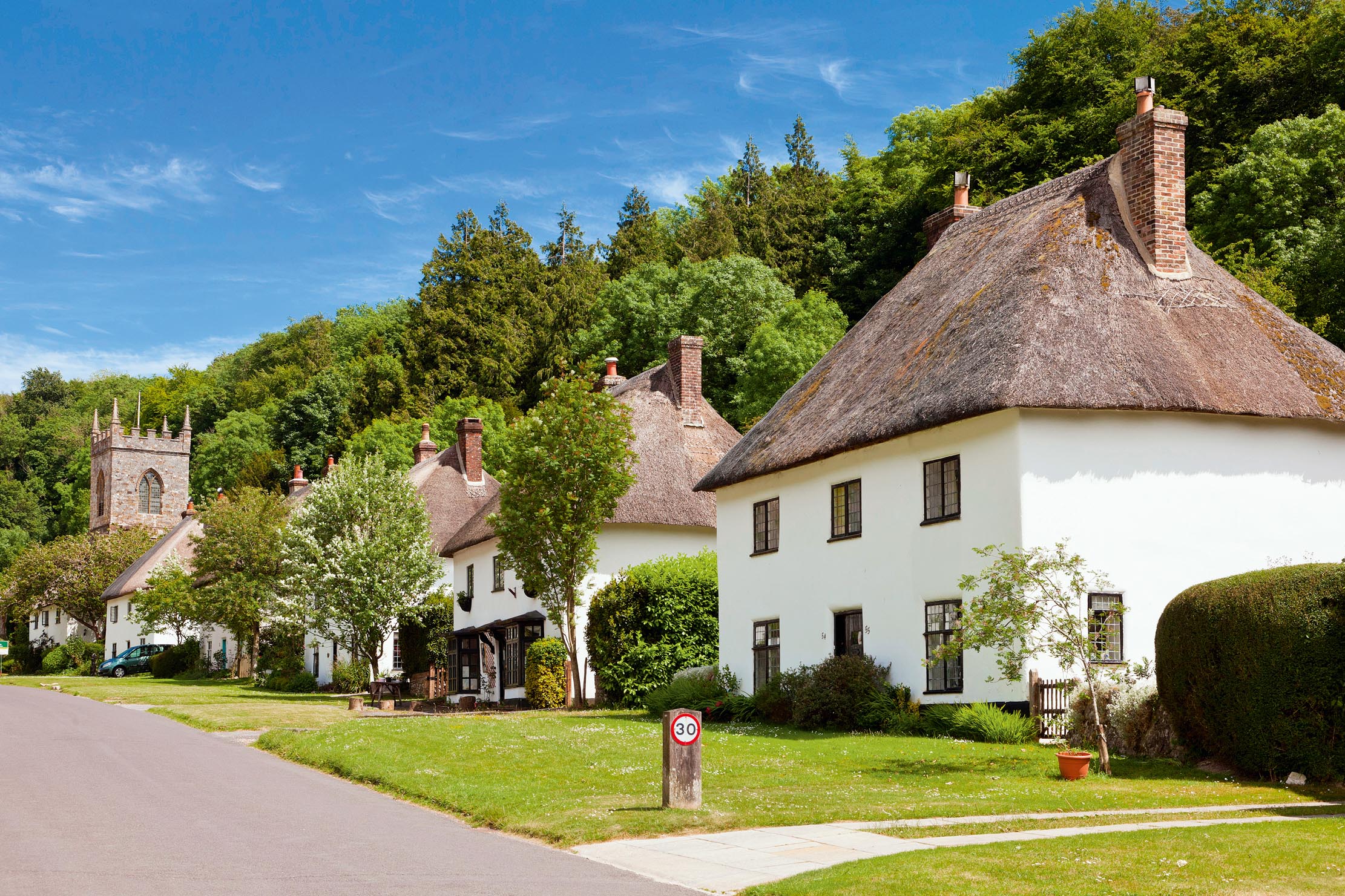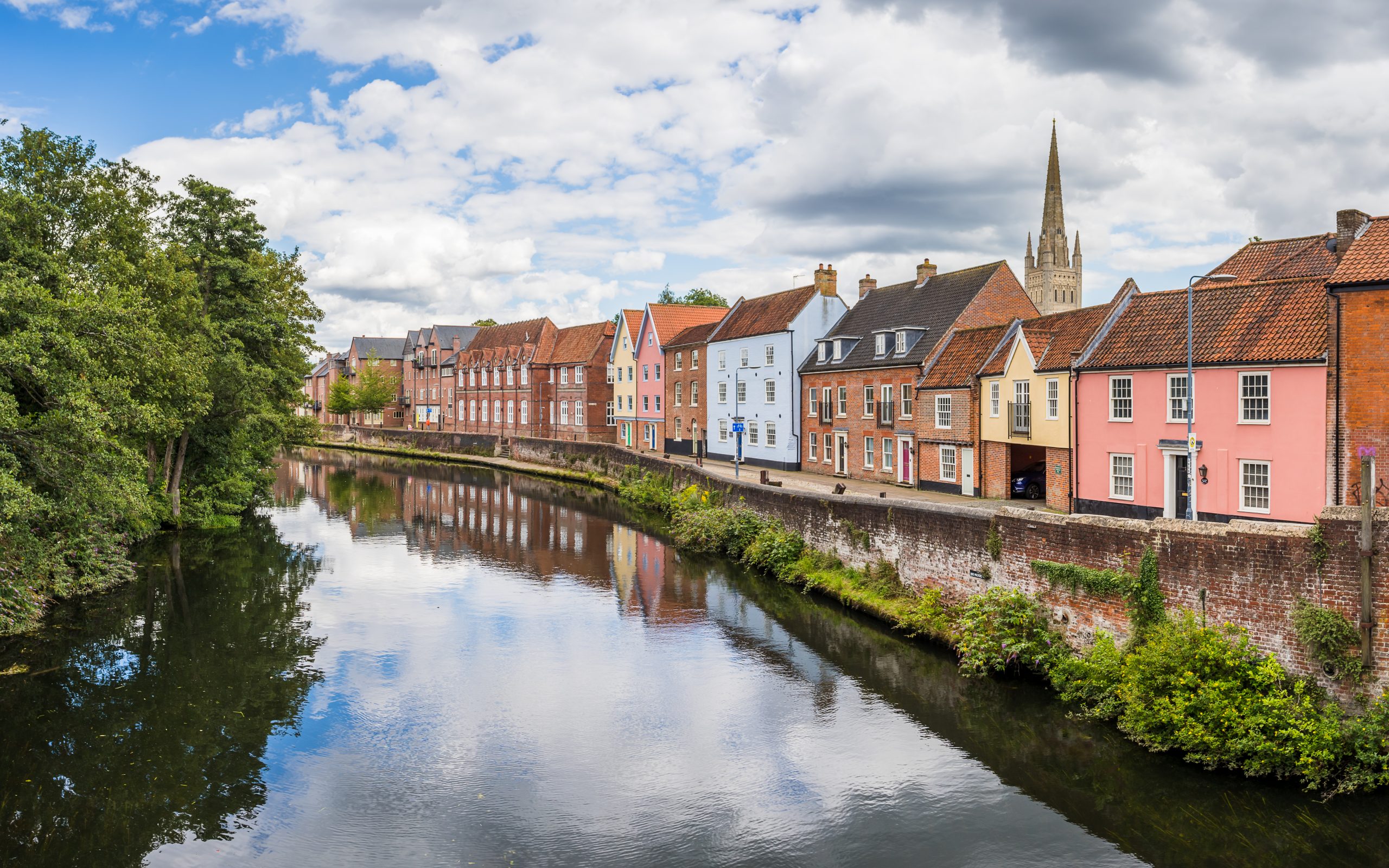Just a third of ‘empty nesters’ downsize after children leave home
Hoping to buy a home with more space to raise your young family? If so, don’t count on it. The majority of empty nesters want to hold onto their home despite their children moving out, according to fresh research.


Young families leaving the towns and cities in search of more space is a well-trodden path.
But right now, there’s a stumbling block to moving up the housing ladder. Just 30% of so-called empty nesters are actually selling their family homes.
According to Regency Living’s survey of 2,500 empty nesters, 70% are remaining in the family home even though their children have flown the nest.
And of those empty nesters staying put, 52% are living in three-bedroom homes, with a further 28% in properties with even more bedrooms.
A Regency Living spokesperson points out: ‘There are many more in need of larger family homes that are currently occupied by single or partnered empty nesters.’
So what’s holding empty nesters back from hoisting a ‘For sale’ sign on the family home? The top reason was wanting to have enough space for their children to come and visit, followed by a fondness for their local neighbourhood. Empty nesters also rated having enough room to host friends and other family.
It’s a conundrum, isn’t it? First-time buyers are battling to get onto the housing ladder. And once they’re on it, they’re struggling to move up, partly because empty nesters are keeping the family homes for when their grown-up children return for high days and holidays.
Exquisite houses, the beauty of Nature, and how to get the most from your life, straight to your inbox.
First-time buyers driven to look 30 miles away
Many first-time buyers are considering buying a home more than 30 miles away from their preferred neighbourhood in a bid to get onto the housing ladder.
According to Moneybox's survey of 1,000 aspiring homeowners, 39% are house hunting in neighbouring areas beyond where they live to bolster their chances of buying a home that ticks all their boxes.
Those surveyed were most willing to compromise on location in order to afford a garden (66%), a spare bedroom (53%), an ensuite bathroom (48%), a driveway (47%) or a garage (44%).
Brian Byrnes, Head of Personal Finance at saving and investing app Moneybox, says: ‘As we enter the final weeks before the election, it is clear that more needs to be done to address housing supply and sustainably boost homeownership – without further inflating house prices.’

Interest rates on hold - again
The Bank of England has voted by a majority of 7-2 to keep interest rates at 5.25%. It’s the seventh time interest rates have been kept on hold. Two members of the bank’s Monetary Policy Committee preferred to cut the rate to 5%.
Rightmove’s mortgage expert Matt Smith says: ‘While many will have hoped for a surprise cut, a hold was expected by the market - and therefore, this certainty could still lead to mortgage rates trickling down rather than up over the next few weeks, which is really what home-movers are after.’
Moving home more stressful than pandemic, survey reveals
Moving home is notoriously stressful. So it’s no surprise that 77% of buyers surveyed by My Home Move Conveyancing experienced ‘increased levels of stress’ as a result of a move.
But what is surprising is that moving home is ranked as more stressful than the pandemic. It also beats having a baby, starting a new job, and getting married on stress levels.
Still, moving home is considered less stressful than a relative dying, divorcing or breaking up with a partner, and losing a job.
Housing market 'maintains momentum'
The average price of a home brought to the market in June edged down by just £21 (0%) to £375,110 after reaching a record high in May, according to Rightmove.
Since the election was called in late May, the majority of buyers and sellers have continued with their home-moving plans. The only sign of caution is a dip in the number of new sellers, particularly at the higher end of the housing market, the portal adds.
Renting still cheaper than buying with small deposit
Despite rents increasing around 6% year-on-year, renting continues to be more cost-effective than buying for most households, says Hamptons.
Buyers with a 5% deposit face forking out £300 per month more in mortgage repayments than if they rented. But the gap between renting and buying has narrowed since mortgage rates peaked last year.

House buyers pay up to 122% more to live in one of Britain's most beautiful areas

The British seaside towns where the average home costs almost £1 million — and the ones where you can still buy a home for £100k
This pretty town has retained its crown as the most expensive place to buy a coastal home. Annabel Dixon discovers

Georgian, Victorian or Edwardian? The most popular period property styles revealed
Whether it's a manor house in the country or a terraced house in the city, it's Victorian homes that have

